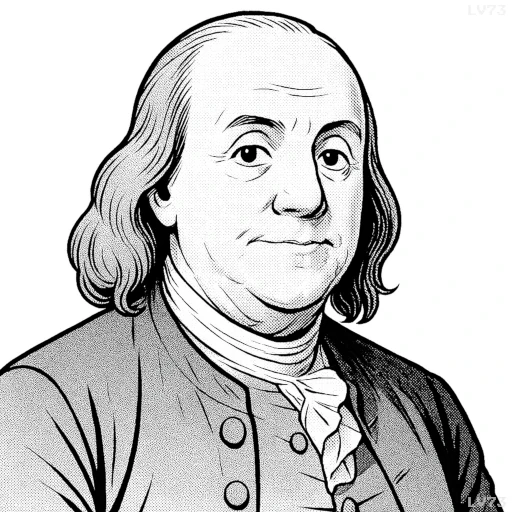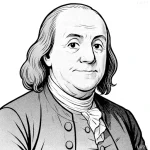“Who had deceived thee so often as thyself?”

- January 17, 1706 – April 17, 1790
- American
- Polymath, Founding Father of the United States, Inventor, Diplomat, Writer
table of contents
Quote
“Who had deceived thee so often as thyself?”
Explanation
In this introspective and piercing question, Benjamin Franklin turns the spotlight inward, reminding us that self-deception is often our most frequent and damaging form of error. By asking, “Who had deceived thee so often as thyself?”, he points to the uncomfortable truth that while we may blame others for misleading us, our own biases, desires, and rationalizations are usually the greatest source of false beliefs and poor decisions.
Franklin’s quote aligns with his lifelong emphasis on self-examination, accountability, and personal growth. As a key figure of the Enlightenment, he believed that reason and reflection were the best tools for confronting error—especially when it comes from within. His own practice of tracking virtues and analyzing his behavior reflects his understanding that the hardest lies to detect are those we tell ourselves.
In the modern age—filled with confirmation bias, echo chambers, and the temptation to justify our actions—Franklin’s insight is especially timely. It challenges us to cultivate intellectual humility and to be vigilant not only of external deception but of the more subtle, internal kind. His quote encourages us to ask: Are we honest with ourselves? Or are we our own most convincing liar? True wisdom, Franklin suggests, begins with the courage to confront our own illusions.
Would you like to share your impressions or related stories about this quote in the comments section?



